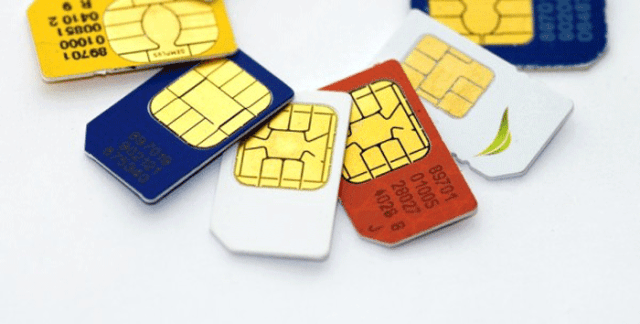The House of Representatives has called on the United States Government to reverse its decision to limit Nigerian non-immigrant visa validity to three months, urging a restoration of the former five-year multiple entry visa regime.
This appeal came during plenary on Tuesday following the adoption of a motion of urgent public importance titled “Motion on the urgent need for the United States to review its visa policy in the light of Nigeria/US strategic partnership,” sponsored by Muhammad Mukhtar and four other lawmakers.
Mukhtar, speaking on behalf of the sponsors, criticized the July 8, 2025, decision by the US Department of State to reduce Nigerian visa validity from five years to three months.
“The House notes with concern the decision by the United States Department of State on July 8, 2025, to shorten Nigerian non-immigrant visa validity from the existing five-year multiple entry visa to a three-month single entry visa,” Mukhtar said.
He warned that the new restriction would negatively impact business, academic pursuits, and family relations.
“The House further notes that the imposed three-month single-entry visa will inflict significant consequences across multiple spheres, including business constraints, academic disruption and diaspora and family strain.”
Highlighting the economic implications, he noted, “Nigeria looks forward to monthly remittances of US$1 bn via diaspora bonds, a strategic objective that will be compromised if travel becomes complicated or uncertain.”
The lawmakers expressed dissatisfaction that the policy change occurred despite the “longstanding, strategic, and historic relationship” between both countries.
“Despite the longstanding, strategic, and historic relationship between Nigeria and the United States — a relationship grounded in mutual respect, shared democratic values, robust bilateral cooperation and people-to-people engagement.”
They referenced the work of the Nigeria United States Parliamentary Friendship Group, noting its continuous efforts to strengthen legislative diplomacy with US institutions across various states.
“We recognise the fundamental role played by the House through the Nigeria United States Parliamentary Friendship Group in fostering legislative diplomacy between both countries, and its consistent engagements with its US counterparts and institutions in Washington DC, New York, Utah, and other jurisdictions, all in a bid to advance mutual understanding and policy cooperation.”
They also cited the remarks made during the recent US Independence Day celebration in Abuja.
“We are aware that during the recent celebration of the United States Independence Day in Abuja, the Chairman, Committee of the Nigeria US Parliamentary Friendship Group, reaffirmed the deeply-rooted friendship and historical ties between Nigeria and the United States.”
Acknowledging the role of Nigerians in the US, they said, “The House is also aware that Nigerians in the United States form one of the most educated and productive immigrant communities, making enormous contributions to American healthcare, technology, academia, arts, entrepreneurship, and public service, including Chimamanda Adichie, Uzoma Asagwara, among many others.”
They argued that the new policy undermines years of goodwill and collaboration between the two countries.
“That said, the lawmakers noted that the policy shift undermines decades of goodwill, sacrifices, and bilateral efforts invested by both governments, legislatures, and citizens to promote common democratic goals, fight terrorism, and deepen trade, education, and cultural exchange.”
Referencing their recent diplomatic visit, they stated, “Discussions were held with US Congress members, including Rep Chris Smith, US State Department officials, and policy institutions to clarify Nigeria’s security challenges, combat religious and ethnic profiling and removal of restrictions that unfairly punish over 200 million law-abiding Nigerian citizens for the isolated actions of non-state actors.”
The House resolved to urge the US Embassy and Department of State to restore the previous visa regime.
“Urged the United States Embassy in Nigeria and the US Department of State to rescind the new visa policy and restore the five-year multiple entry visa regime previously granted to Nigerian citizens in the light of mutual respect, equity, and reciprocity.”
It also mandated the Nigeria US Parliamentary Friendship Group to formally convey the House’s position to relevant US institutions and intensify diplomatic efforts.
The Ministry of Foreign Affairs was directed to engage the US government diplomatically to protect Nigerian citizens’ rights and mobility.
“It further encouraged continued dialogue between Nigerian and American institutions, both governmental and non-governmental to resolve concerns on security, human rights, and policy misconceptions that may hinder our shared democratic and economic progress.”











